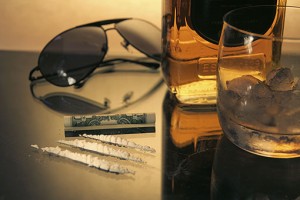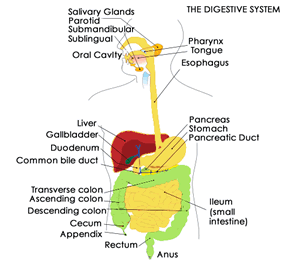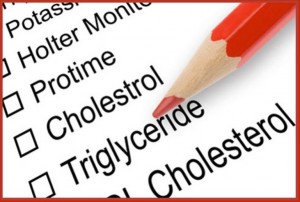It is not uncommon for someone who has a problem drinking to also have a problem with drugs including cocaine. In fact in a lot of ways alcoholics find cocaine to be the perfect match with their drinking. Why? Because cocaine dulls the effects of being drunk and allows them to stay awake longer to drink more. While this is help for someone in the grips of alcoholism it can very possibly be fatal in the worst case scenarios.
Alcoholism is a disease that creates an irresistible and overpowering thought about getting drunk or high. Alcoholism is chronic, progressive and fatal. This means that alcoholism if not treated only gets worse, never goes away and can kill the person who doesn’t stop drinking or using drugs. Alcoholism merely perpetuates the use of alcohol and cocaine. Just because someone has alcoholism doesn’t mean they don’t do drugs. Alcoholism merely means that someone has the disease of addiction that causes them to continue using a substance such as cocaine despite all the negative consequences they may be experiencing in their life.
Cocaine is a powerful, addictive, and illicit drug. Once someone has tried using cocaine they cannot say to what extent they will continue to use it. Some of the street names for cocaine are:
- Coke
- Dust
- Snow
- Girl
- Powder
- White pony
- Rock
- Crack
Cocaine is a drug extracted from the leaves of the South American coca plant that was originally found in the Andes Mountains. It is a very potent stimulant that affects the body’s central nervous system. Cocaine looks like a white powder and can be injected, smoked, sniffed, or snorted as well as taken orally. Cocaine is the second most used illicit drug in the United States. Everyone and anyone can end up using cocaine. Cocaine creates a sense of euphoria and exhilaration in its users. Cocaine users feel invincible, carefree, alert, and euphoric and have tons of energy. The come down or loss of this high usually leaves cocaine users feeling agitated, depressed, anxious, paranoid and with no appetite. The effects of cocaine last around an hour to two hours.
Having alcoholism and doing cocaine can really create a problematic situation for someone in the grips of an addiction. Cocaine is an extremely hard drug to quit just because of the intense craving to want to do more cocaine. Luckily there is cocaine treatment for alcoholism and cocaine detox for alcoholism. These places can really give someone with alcoholism and a cocaine addiction the chance to start off on the right foot in a safe place. Having an addiction to more than one substance doesn’t end well. Using alcohol and cocaine will lead down to a path of unpredictability and unmanageability. That’s why treatment for alcoholism and cocaine is the perfect and most efficient place for someone who has not managed to stay sober on their own either from drugs or alcohol. Alcoholism and cocaine can be a deadly combo so it is best if someone is suffering from alcoholism recognize that cocaine is just another part of the problem and get help.
Source: http://alcoholism.about.com/od/coke/a/cocaine.htm






